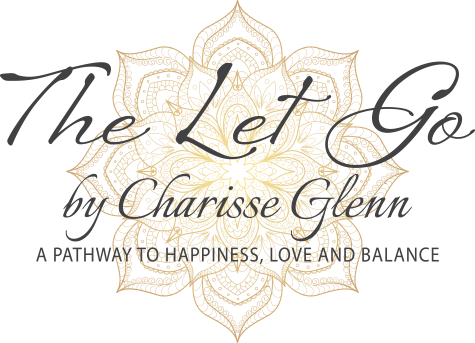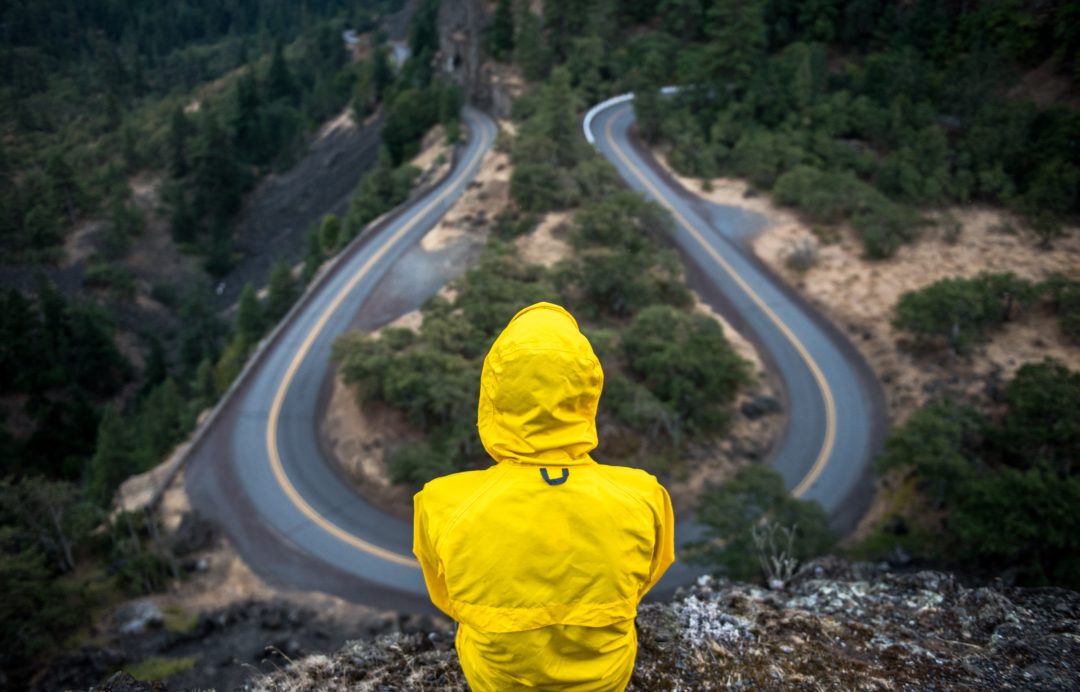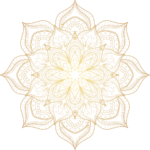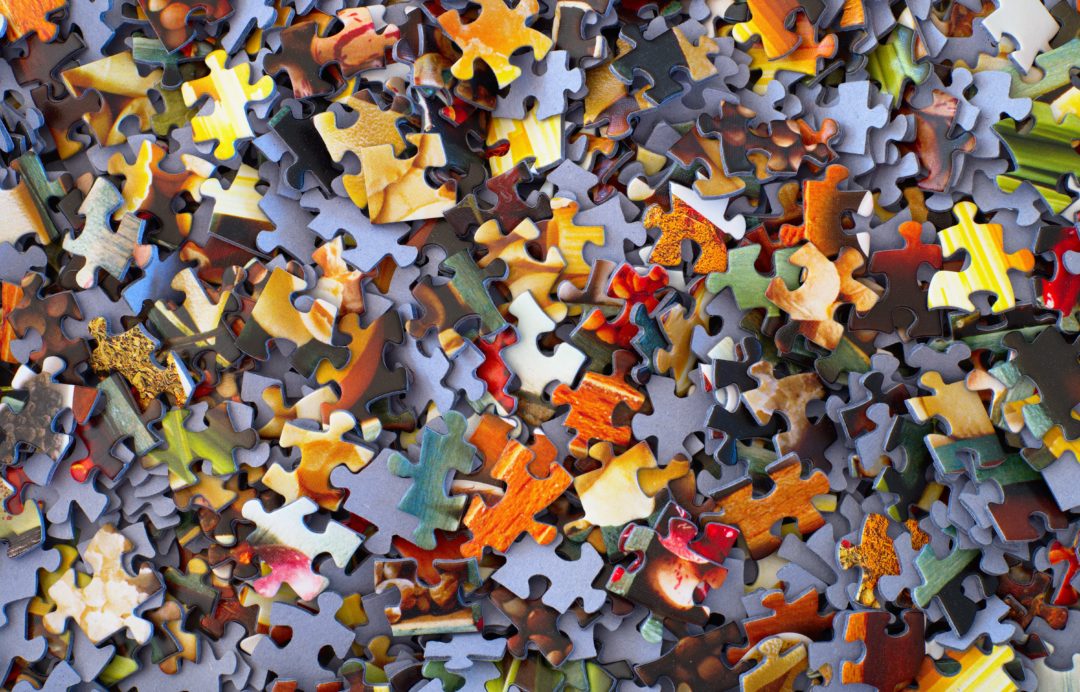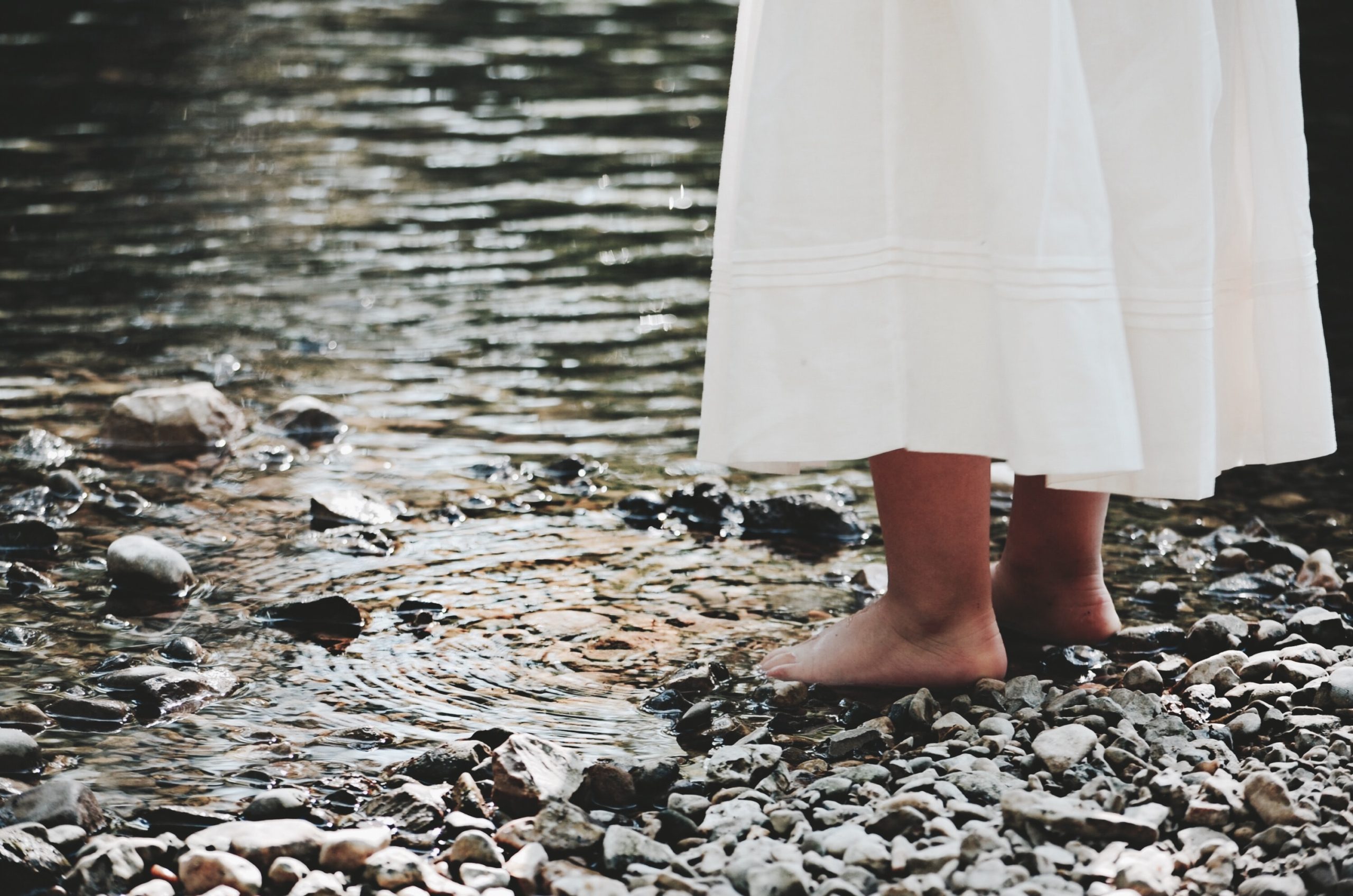I have no special talent. I am only passionately curious.
~ Albert Einstein
As the year ends and the new year begins to unfurl, many of us peer into the horizons of what will come. Looking into the future often requires self-reflection. 2021 brought shifts in lifestyle and the need to adapt to a new set of protocols. These shifts require one thing: ganas or the desire to learn.
Learning is the cornerstone of intelligence. Intelligence is defined: mental activity directed toward purposive adaptation, selection, and shaping real-world environments relevant to one’s life. Although intelligence is classified into types; emotional, intellectual, spiritual, etc., all share the curiosity for the unfamiliar.
What is this desire?
Intelligent people ask questions. They want to know what they don’t know. Curiosity is the motivation to explore the unknown, to pursue knowledge. Through curiosity, the desire to learn or ganas expands, encouraging one to understand and continually seek more profound answers. The thrill of learning in itself becomes the stimulus.
When teaching a child, the desire for learning must be more substantial than that of the teacher; otherwise, the motivation to learn will not be sustainable. Learning cannot happen without desire.
As we age, curiosity is unlearned; we lose it, disappearing when there is no longer a gap between what we know and what we want to know. So keeping interested is critical for ganas.
But does it matter?
Resoundingly, YES!
Keeping a sense of wonder has been proven to keep us young. Research has shown that aging persons who exhibited high levels of curiosity aged at a reduced rate and were more likely to live longer. Thereby, curiosity keeps us young—a pretty good payoff for something that can yield so much pleasure.
Curiosity also aligns with passion. The more passion we have for something, the likelihood of remembering it increases. Desire = Passion = Assilimilation.
It likewise promotes more satisfactory connections within relationships. Being genuinely interested in who someone is, translates to a more incredible foundation leading to meaningful and intimate associations.
Curiosity doesn’t disappear, though; it becomes suppressed behind what we think we’ve mastered.
It can be cultivated and activated at any time. To enhance your wonder, begin by asking yourself each of these questions:
When was I last inspired?
When did I last challenge myself?
What has surprised me?
When did something touch me?
What has moved me?
To have ganas is the desire to learn just for learning’s sake. When we kindle our curiosity through self-reflection, we reignite the desire to learn about what is around us. When we aren’t, we are simply functioning without fully living.
The love of learning is having a passion for discovery. Become inquisitive of anything—research just for the heck of it, have fun learning a random skill, or listen to opinions that differ from ours – these are elemental abilities we have forgotten. Read, read and read. Speak less and listen more.
But, most importantly, view the world from the eyes of a child, and ask Why?
Wonder implies the desire to learn
~ Aristotle
